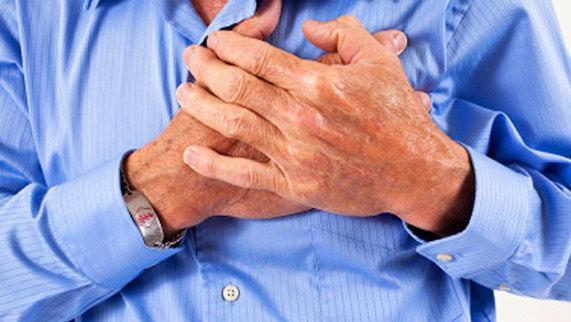What Causes Psoriasis
Exploring the Many Causes of Psoriasis
World Psoriasis Day 29 October 2024
Inspiring Hope and Empowering Individuals with Psoriasis
The exact information about what causes psoriasis is not definitive. It may involve a combination of causes, but it is thought that the immune system plays a major role in psoriasis. Psoriasis affects various parts of the body in different ways and shows up as scaly bumps on the skin, scalp, and nails among other parts of the body. It can affect a large area or a very small one and is often distressing, disfiguring and sometimes even painful.
How It Affects the Skin
In a normal person, the skin is constantly shedding and getting re-made – skin cells take three to four weeks to be replaced. But a person suffering from psoriasis will be replacing the skin cells in a matter of day, resulting in over shedding of excel skin cells. Both dead and live cells are on the skin surface and these form patches which may be crusty, scaly and often red with silvery flakes.
- Plaque psoriasis is of this type and is found on the elbows, knees, scalp and lower back.
- Inverse psoriasis is smooth and shiny instead of scaly and affects the skin folds, usually under the breast, armpits, groin area, genitals and buttocks – places that are often moist.
- Erythrodermic psoriasis is highly inflammatory and characterized by angry red and uneven lesions on the skin and is accompanied by itching and edema.
- Guttate psoriasis manifests as small red spots on the skin often occurring after an infection.
- Pustular psoriasis comprises white pustules filled with pus and ringed by red skin; usually these are local and contained though sometimes they may be more generalized.
 What causes psoriasis?
What causes psoriasis?What Causes Psoriasis – Family History
Psoriasis is known to run in families – if one or both your parents have psoriasis you are at greater risk of getting it. While genetic factors can cause psoriasis not everybody who carries the genes will develop psoriasis. It appears that genes must be in a particular combination for psoriasis to develop. Genes simply predispose a person to psoriasis, but the white blood cells, specifically a kind of T cells are also a causative factor in psoriasis.
The T cells move towards the outer layer of the skin and cause the release of cytokines that cause inflammation and an increase in skin cell production, resulting in the characteristic patches or bumps of the skin or scaly skin.
What Causes Psoriasis – External Factors
While the generic component of psoriasis is well-known, other factors can also trigger psoriasis. Many external factors lead to psoriasis starting up or getting worse and these include:
- Change in weather
- Stress
- Infections like a strep throat
- Injury or trauma to the skin
- Sunburn
- Smoking
- Alcohol
- Obesity
- Drugs like beta blockers, lithium, anti-malarial drugs, ACE inhibitors, non-steroid anti inflammatory drugs and more
- Other immune disorders like HIV
- Hormonal changes at different ages
- Dry skin
Sometimes, if you have never had psoriasis, you can develop it after you have been exposed to any of these factors; at other times these can cause existing psoriasis to flare up. If you have psoriasis it is important to indentify and avoid the external factors that can cause psoriasis.
Psoriasis is a skin problem that recurs and most people have to learn to manage it as it is difficult to cure. Avoiding triggers that cause flare-ups and trying various oral and topical treatments are some of the ways to control psoriasis. Some people can go for years without having any episodes while others have to suffer frequent recurrences as psoriasis is highly unpredictable both in its scope, frequency and severity. When you know what causes psoriasis you are better informed and able to take steps as soon as you experience any symptoms.
More Causes of Psoriasis
National Institute of Arthritis and Musculoskeletal and Skin Diseases



